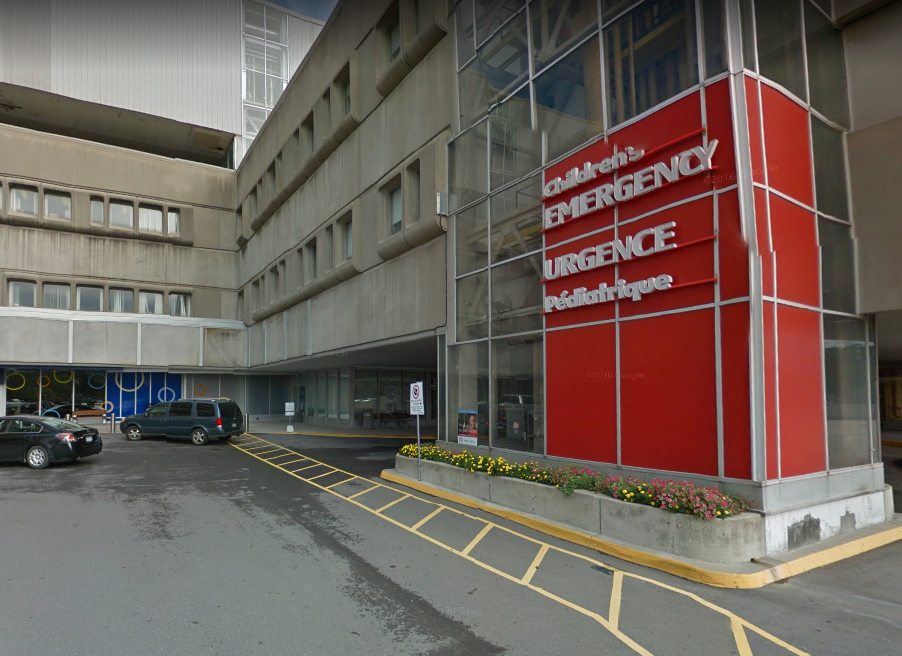Hamilton Health Sciences (HHS) has a plan to replace almost all of its diagnostic imaging equipment over the next five years and improve services to patients.

Rob MacIsaac, the hospital system’s president and CEO, has announced that HHS has entered into a long-term partnership with Siemens Healthineers to renew, replace and maintain its fleet of X-ray machines, MRIs and CT scanners.
MacIsaac says patients will benefit from “fewer cancellations, shorter wait times and better diagnosis.”
He stresses that “breaking this cycle of underinvestment was critical for us,” adding that employees have been left to “experience first-hand the impact of outdated, unreliable technology and what it does in terms of our abilities to provide great patient care.”
MacIsaac says hospital staff will receive training, and have access to 24/7 onsite support, as part of the 15-year $270-million contract between HHS and Siemens Healthineers.

Get weekly health news
Dave Pacitti, head of the global company’s North American operations, says they are pleased to be part of a “critical transformation of care delivery” for patients throughout Southern Ontario.
Siemens Healthineers is a leading medical technology company headquartered in Germany, with 52,000 employees worldwide.
Hamilton Health Sciences says key benefits of the Managed Equipment Service contract include:
- Access to new and advanced diagnostic imaging (DI) equipment with evergreen replacement as technology evolves.
- Increased accuracy, speed and stability of DI processes, achieving better diagnosis and treatment for patients.
- Faster urgent repairs and shorter planned downtime of equipment, with fewer procedure cancellations and shorter wait times for patients.
- Specialized training for staff, keeping our teams proficient as technology evolves and as new equipment is introduced.
- Stable, predictable annual costs for new equipment, without the financial impact of unplanned downtime, equipment repairs or crisis replacement.





Comments
Want to discuss? Please read our Commenting Policy first.